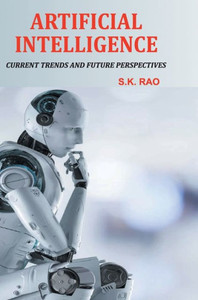Artificial intelligence (AI), which is the simulation of human intelligence processes by machines, is having a growing impact on healthcare. Via AI, researchers can provide new approaches to merge, analyze, and process complex "big data" and gain more actionable insights, understanding, and knowledge at an individual and population level. Medical staff can be helped by AI-assisted clinical decision support (CDS), i.e., machine learning (ML) and deep learning (DL) models that analyze large medical datasets. They do this by summarizing radiology and pathology reports by means of natural language processing (NLP), automating repetitive but time-consuming tasks, and much more. Patients can talk to chatbots who have access to all medical knowledge in the world, including the patient's medical history, and provide personalized advice. This Special Issue intends to show some examples of how AI impacts healthcare, with some discussion on potential future developments as well as challenges. Since this Special Issue contains papers from 2023 and 2024, the era of Generative AI (GenAI), naturally there are papers related to ChatGPT and chatbots. There are also papers on prediction modeling in primary care, polychronic conditions, and heart disease. Other papers focus on the classification of colon cancer and Alzheimer's disease. Finally, this Special Issue also includes papers on orthodontic diagnosis and treatment planning, anxiety treatment, and explainable AI (XAI).
- | Author: Tim Hulsen
- | Publisher: Mdpi AG
- | Publication Date: May 10, 2024
- | Number of Pages: NA pages
- | Language: English
- | Binding: Hardcover
- | ISBN-10: 3725810842
- | ISBN-13: 9783725810840






